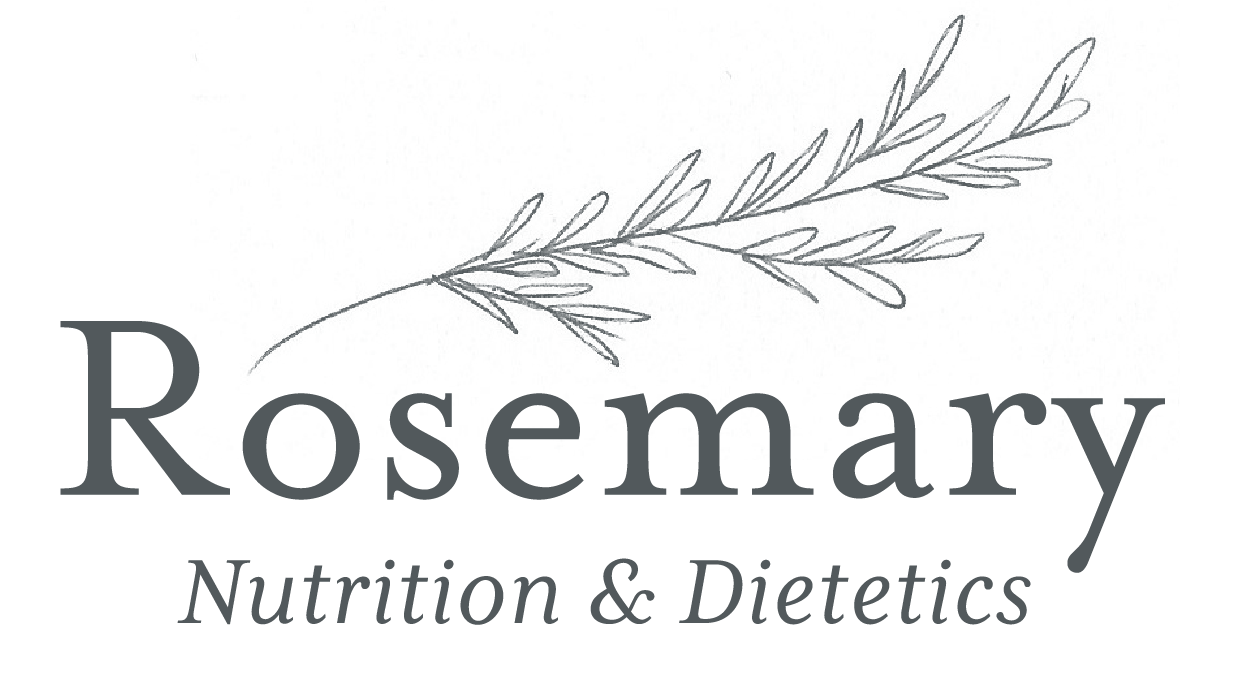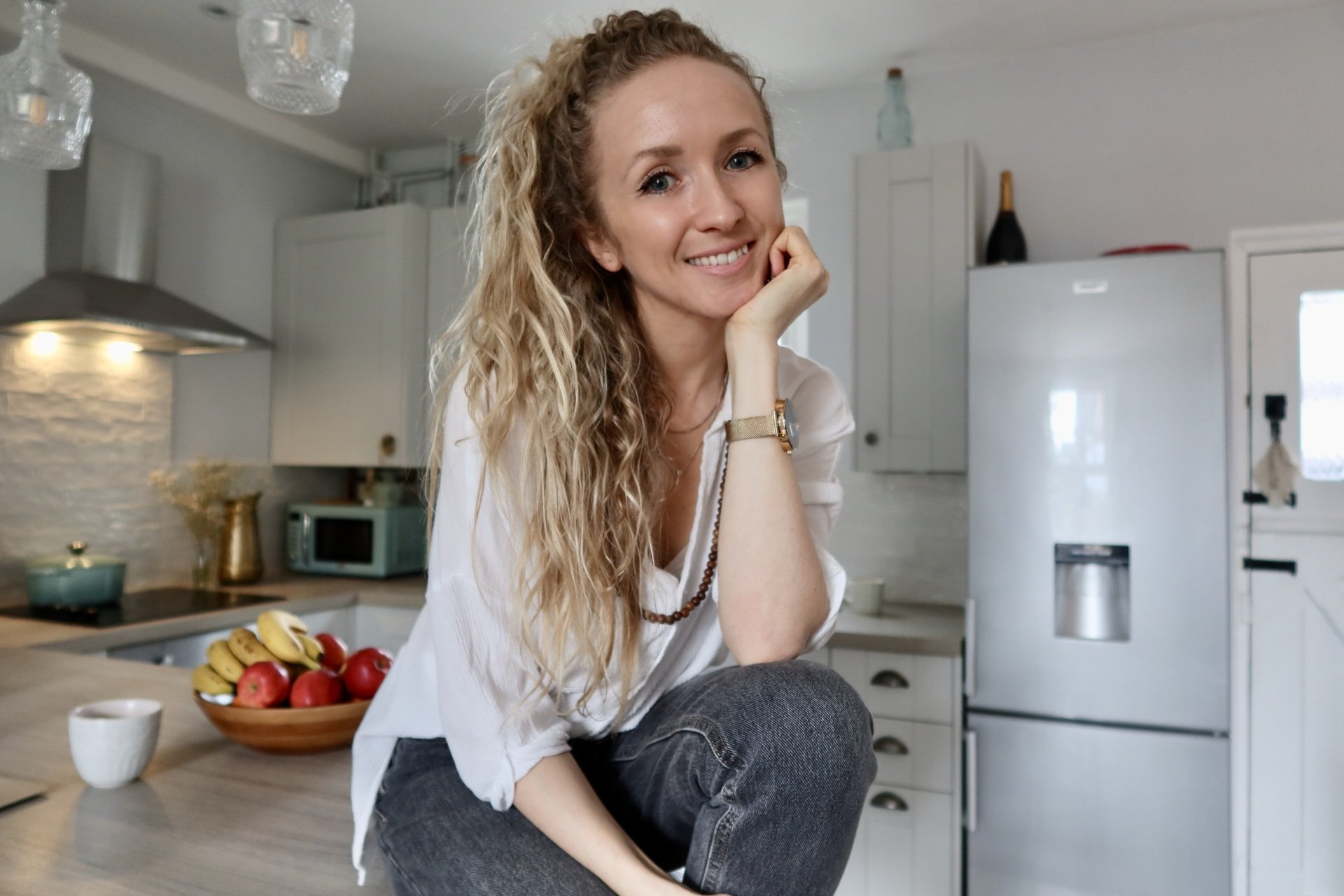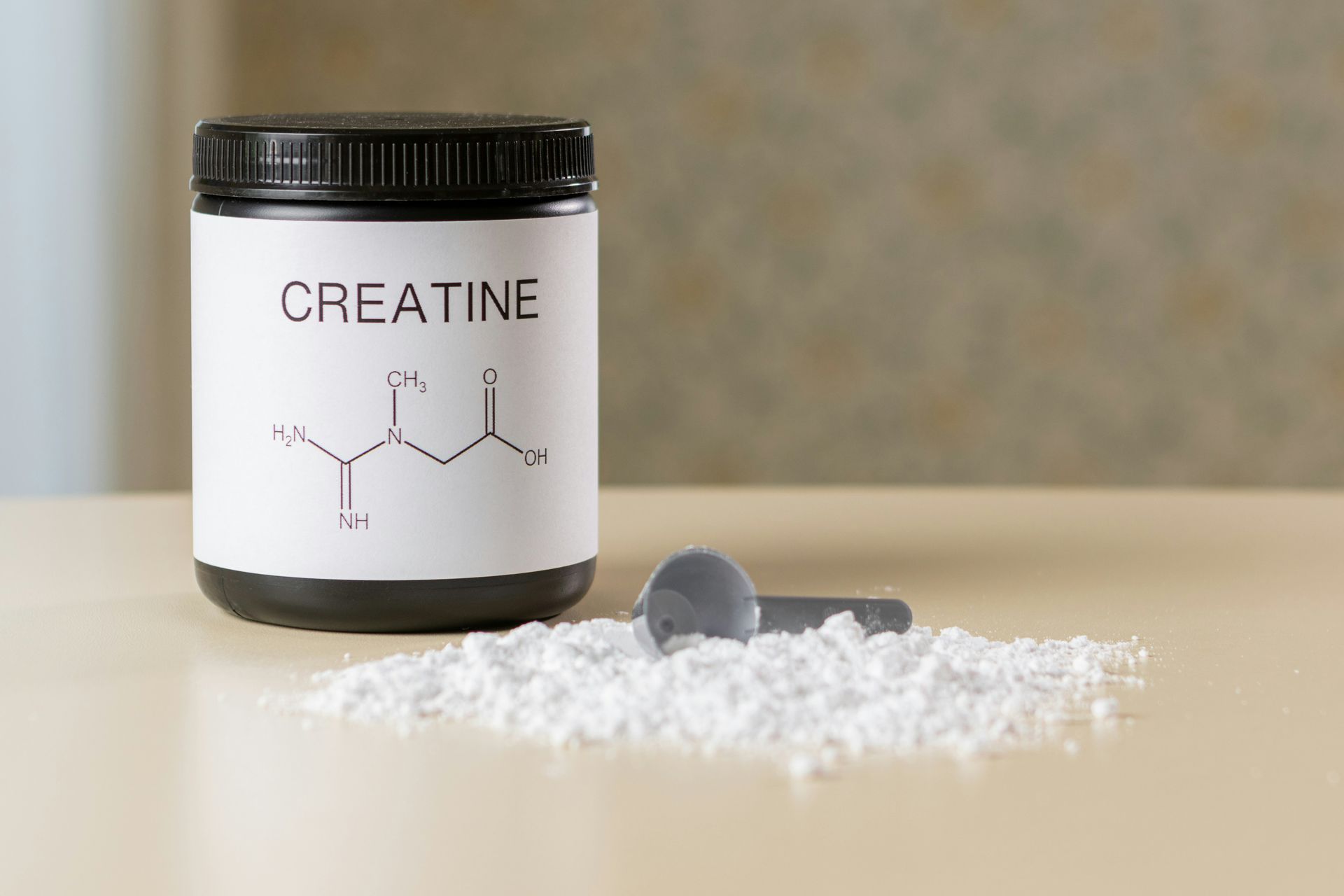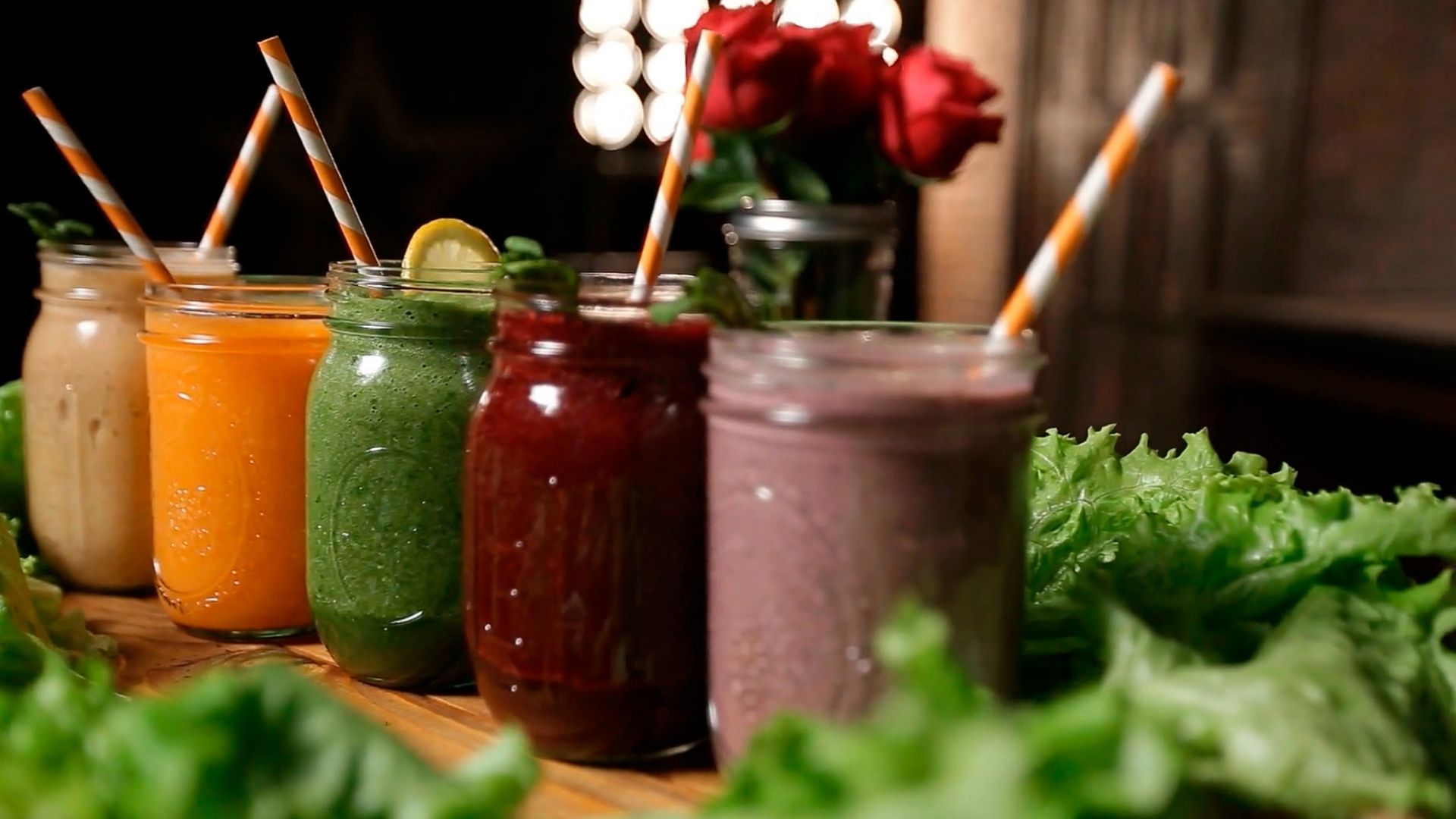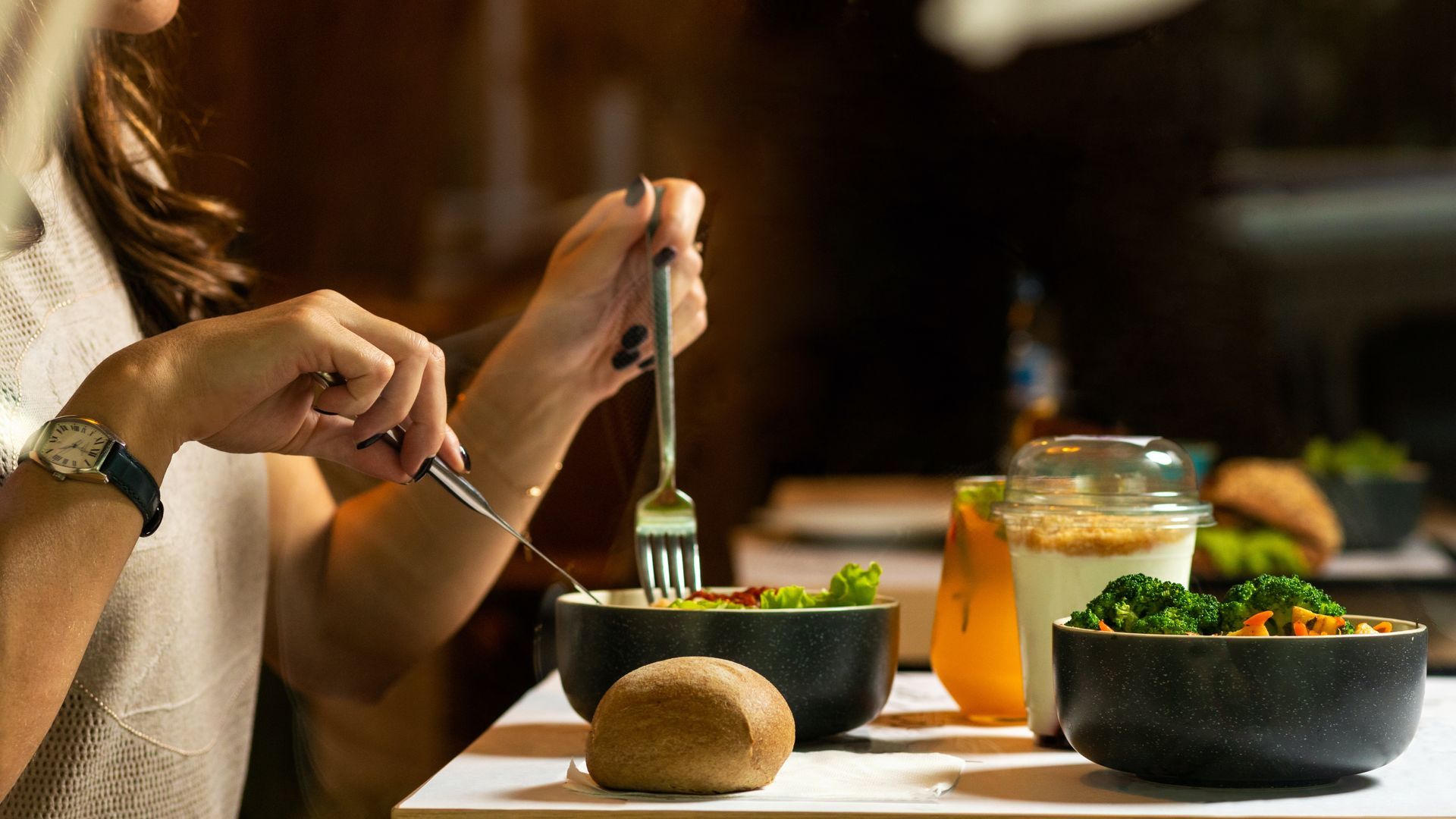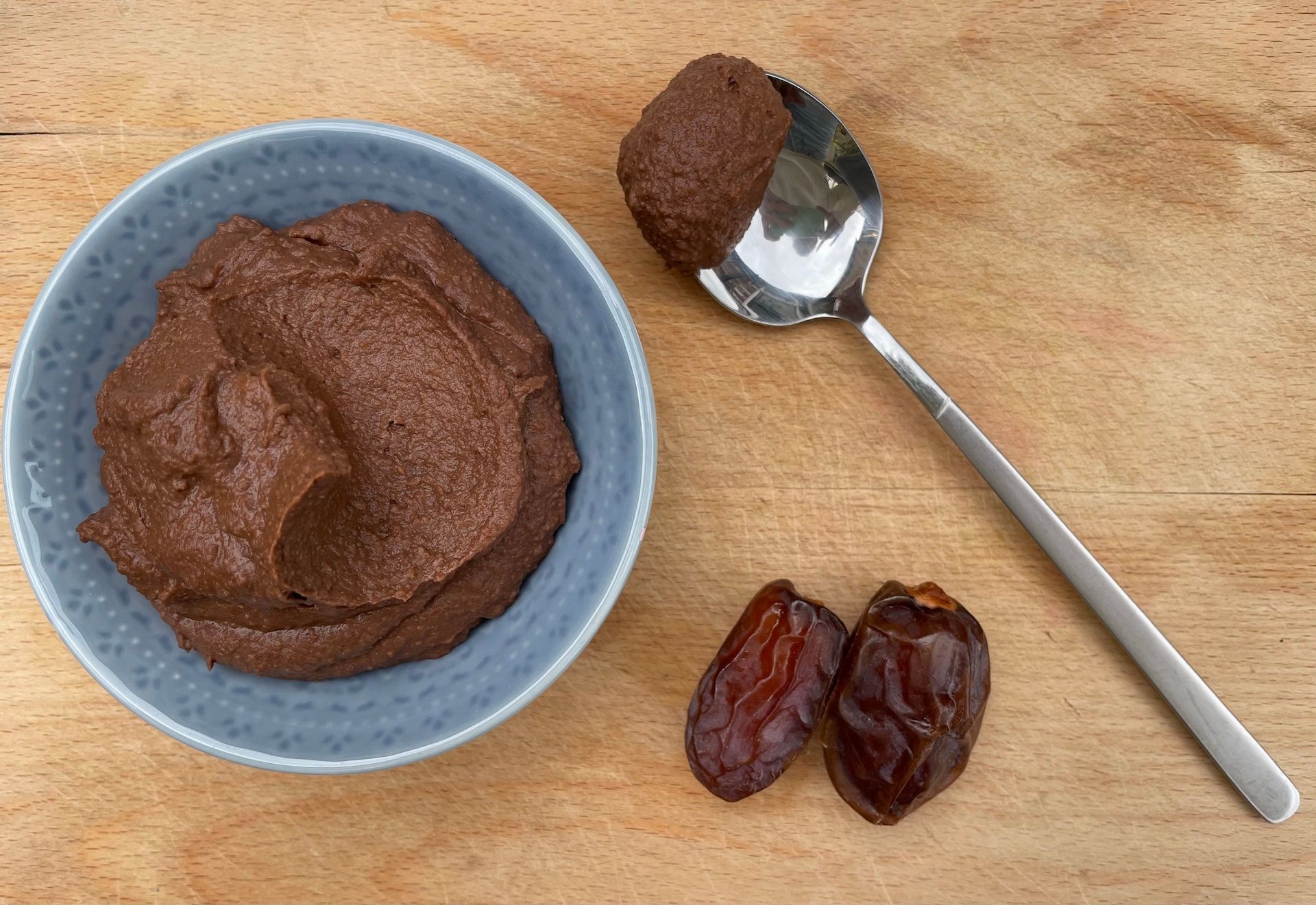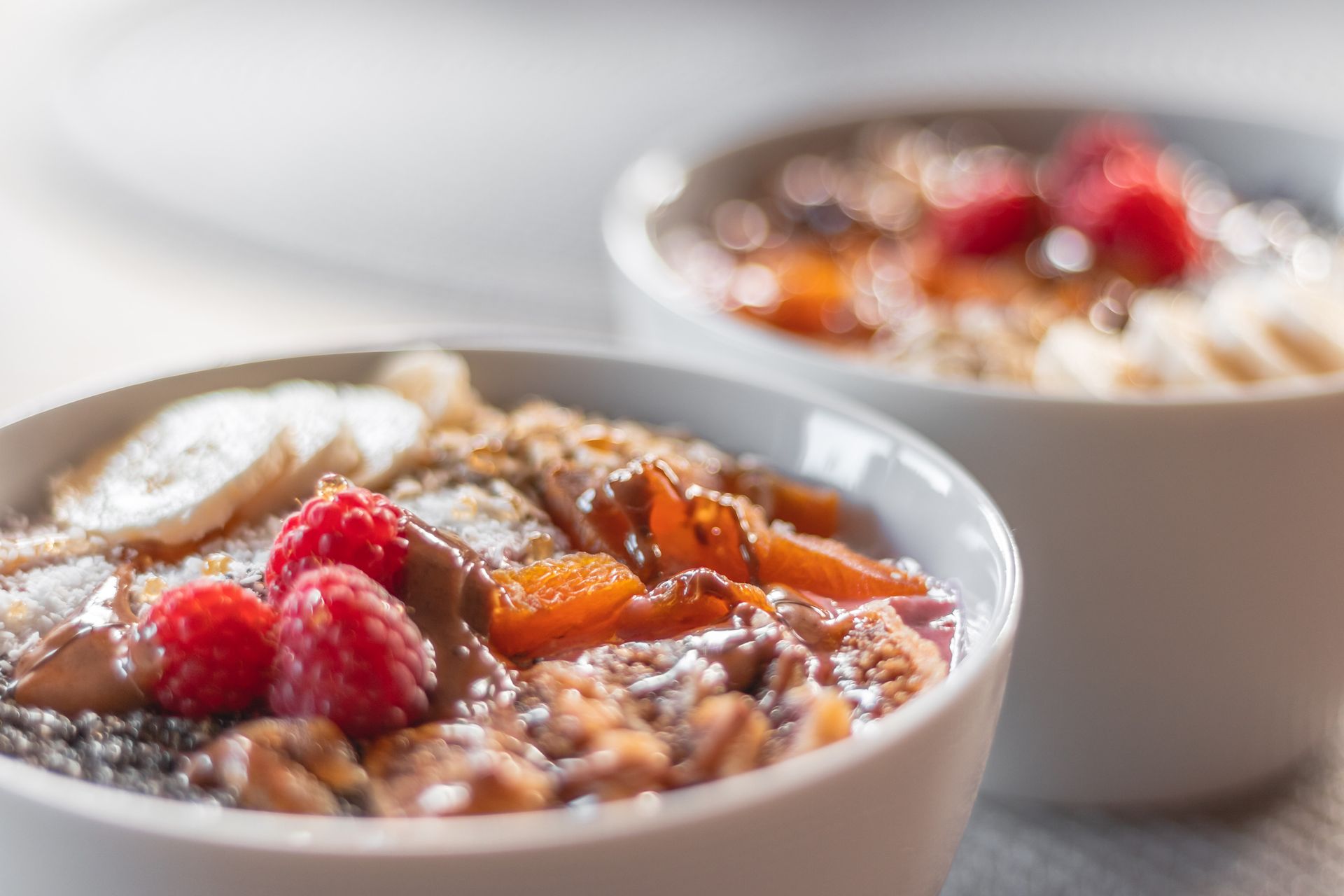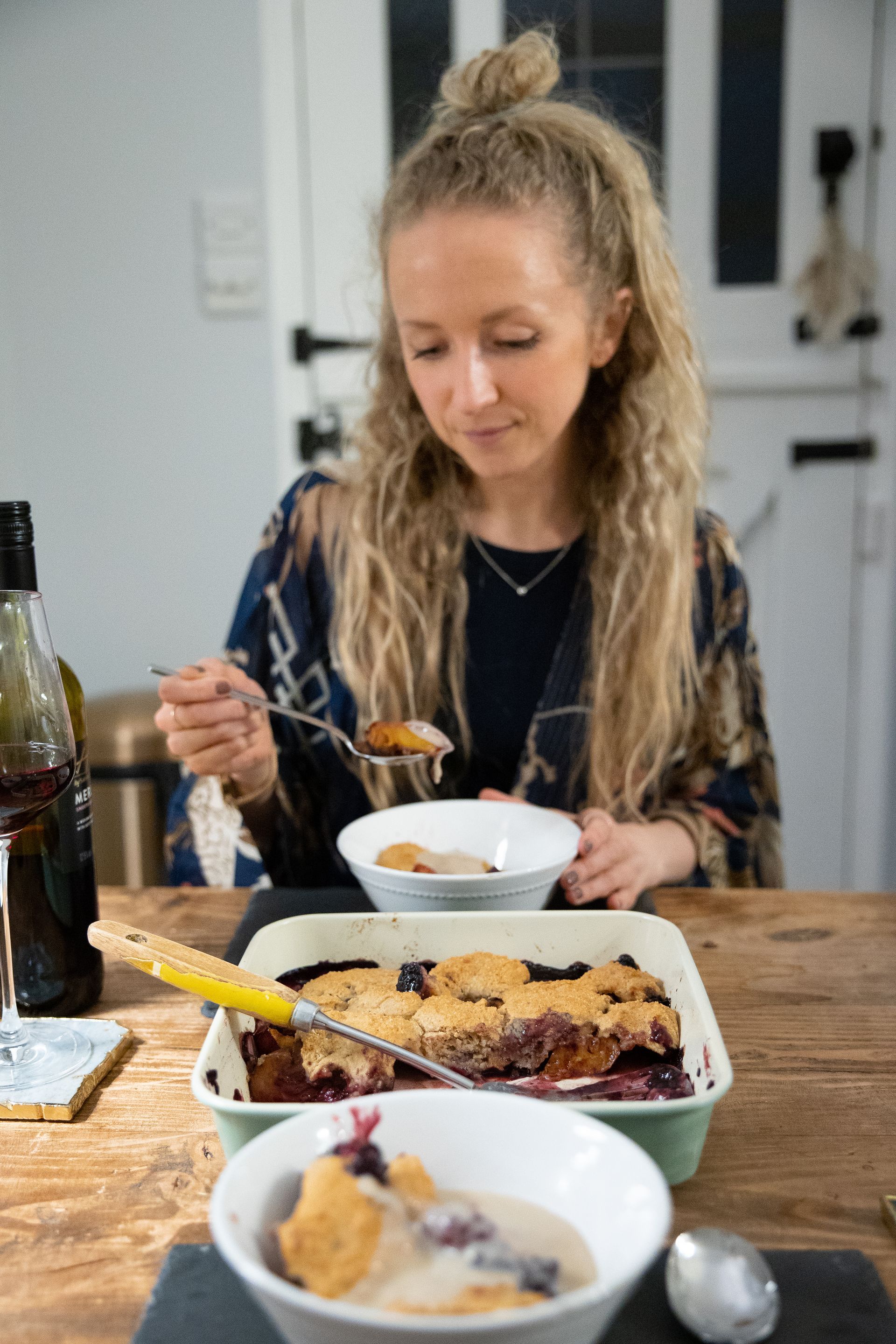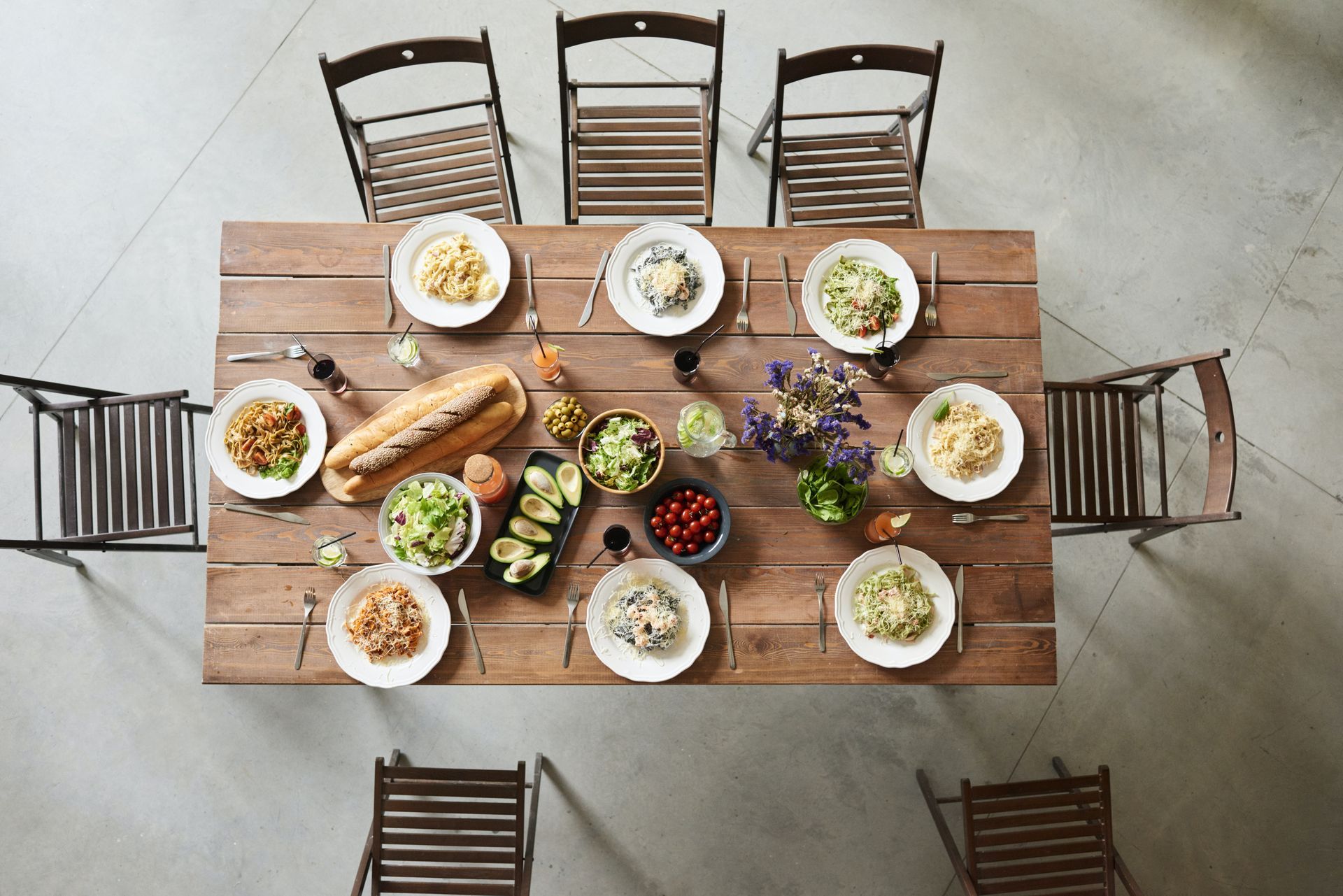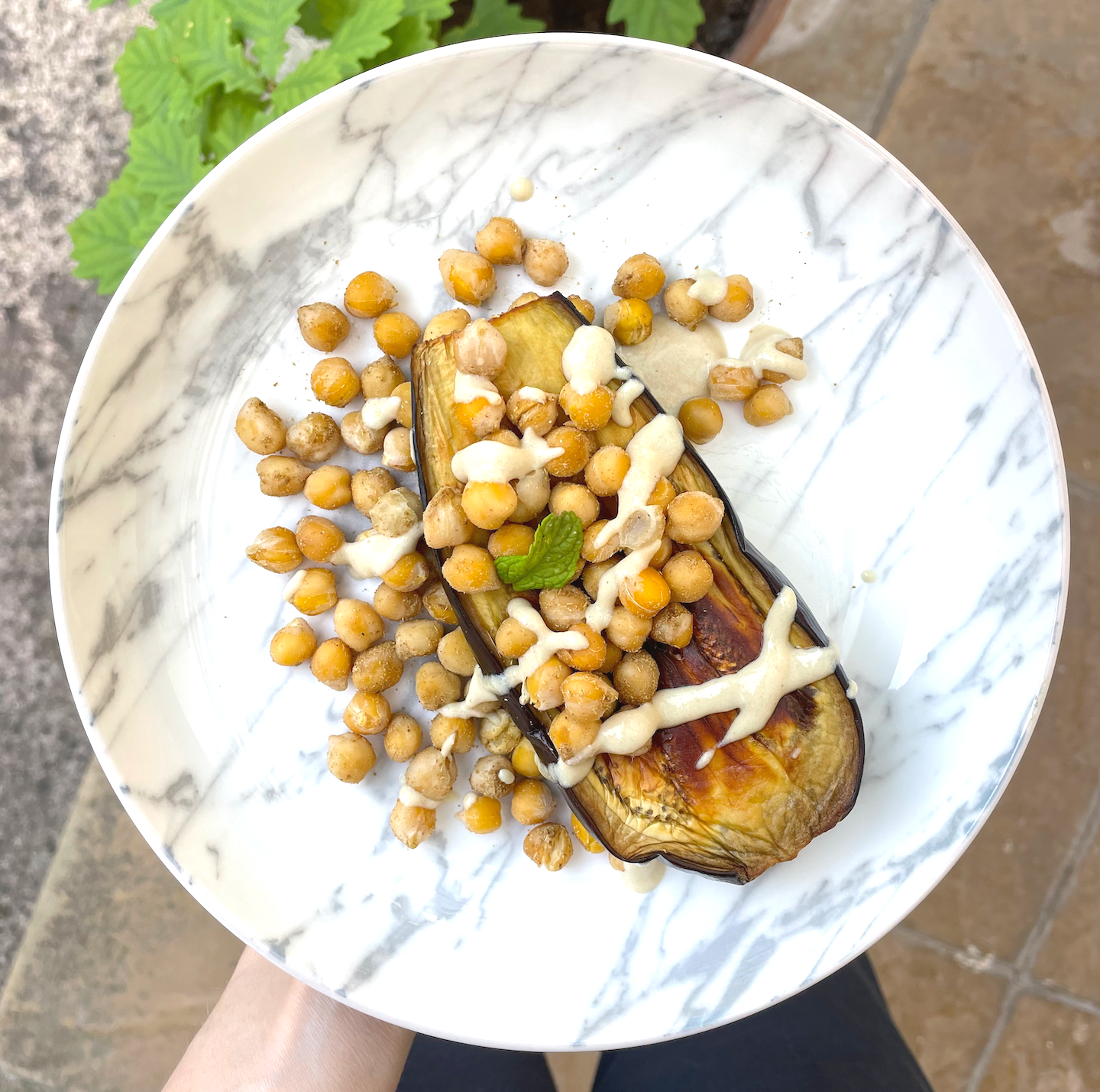Say Hello
Join our newsletter
Join our newsletter
How to Eat More Plants
More plants for everyone
You don’t have to be vegan or even vegetarian to get the benefits of including more plant foods in your diet. Research tells us that consumption of more whole, plant foods including fruits, vegetables and wholegrains is negatively correlated with the risk of chronic disease development (1). In the UK, it has been drummed into us that we must get 5 portions (400g) of fruits and vegetables daily, but more recent studies have emphasised the beneficial impact of getting up to 10 portions (800g) per day (2)!
Based on the vast amount of nutrition research we have, most nutrition experts will agree that diets rich in plant foods, including lots of fruits and vegetables, are highly beneficial to health. Fruits and vegetables have a high nutrient density, high fibre content, and are low in energy. But, it’s not just nutrients and fibre you will get, fruits and vegetables also contain bioactive compounds, or protective substances, that support human health beyond basic essential nutrients. Bioactive compounds, such as carotenoids, flavonoids and polyphenols, are often the main contributors to the vibrant array of colours we see in our fruit and veggies; an excellent reason to ‘eat the rainbow!’ (3).
So how can we utilise this knowledge, and include more plants in our daily diets? Follow these 10 practical and flexible tips to optimise your intake of the good stuff.
10 practical tips to eat more plants
Add berries to your breakfast
Berries are a great source of antioxidant polyphenols, fibre, and vitamin C and add delicious flavour and vibrant colour to meals. You could use fresh blueberries, raspberries, blackberries or strawberries. For a more cost-effective option go for frozen; this can also help to reduce food waste. I love to add frozen blueberries to porridge, sprinkle some onto soya or almond yogurt, or whiz up a berry smoothie for breakfast with banana and plant based milk.
Snack on fruit between meals
Fresh fruit is a great option when you feel hunger pangs between meals. Fruit contains energy and fibre to maintain your blood sugar and keep your energy levels steady between meals. Fruit also contains important antioxidants and consuming it regularly will also reduce your risk of developing heart disease, inflammation, diabetes and some types of cancer. Easy options include an apple, pear, bananas, or grapes, but you could go exotic and chop up some pineapples, mango or papaya! Keep it varied to keep it interesting.
Add some dark leafy greens to your sandwich
Dark leafy greens are nutrition powerhouses and we should all be aiming to include them daily. Dark greens contain an abundance of fibre, vitamin and minerals. The nutritional profiles varies depending on which you choose; for example, spinach contains good levels of vitamin K, vitamin A, folate and iron, and kale provides a rich source of vitamin C and calcium. Dark leafy greens have been linked to risk reduction for cancer (4), type 2 diabetes (5), and poor eye health (6). Despite their rich nutrient profile, dark leafy green are also low in calories so no need to limit your portions!
Get creative with treat time
If you love baking, getting creative with an unusual fruit or vegetable ingredient can be a great way to get extra helpings of the good stuff at treat time – have you tried making sweet potato brownies, beetroot chocolate cake or a classic carrot cake? You could even simply add a side of raspberries or figs to your usual cake or pudding.
Grate some carrots into your one-pot wonder
This is a great way to add more ‘secret’ veggies to a meal, a good tip for any parents with fussy eaters on their hands! Carrots are a great source of beta-carotene, an antioxidant and pre-cursor to vitamin A that is essential or vision, growth and immunity (7). Just grate a carrot or two into a Bolognese, curry, or stew for extra nutritional value.
Bulk out your meals with beans or lentils
Beans and pulses count as one of your portions of fruits and vegetables, and it’s a great way to help your meals go further. Chickpeas, kidney beans, butter beans or lentils will soak up all the delicious flavours of your meal and they mix well in dishes such as Bolognese, chillies, curries, stews, soups and salads. Beans are a great and cheap addition to any diet, adding extra plant protein, fibre, and iron.
Choose a fruity pudding
Instead of a plain yogurt or piece of chocolate – add some fruit. It could be some chopped melon with yogurt, a bowl of cherries with your chocolate, or maybe even a apple and blackberry crumble!
Carry portable plants on the go
Not all plants travel well, but there are many portable plants you can take with you to avoid those hunger pangs when plant based options are limited. A pear, some chopped veggies and dip in a jar, or even a tub of dried fruit and nuts is an easy way to snack on plants when you are having a busy time. You can now even buy special fruit guards to reduce bruising as you go about your day.
Keep a big, colourful fruit bowl in an obvious place in your house
If you see a colourful fruit bowl regularly you are more likely to pick up a piece! Try and vary up the colours for visual appeal as well as to widen the range of nutrients you are getting. Think yellow bananas, orange oranges, red apples and green pears.
Think ‘1 more portion’ at each meal
Can you add a few spoons of peas, a handful of kale, a scoop of berries or a dollop of hummus to your meal? The answer is probably yes! Each time you put a meal together, consider an extra portion of plants that could enhance the flavour, texture, colour or nutrients in your meal. By just doing this you will easily add an extra 3 portions of plants to your day.
When starting out, I would highly recommend choosing the fruits and vegetables you enjoy. Making the process enjoyable for you and your family is the best way to keep up the changes and turn them into habits. You might start to feel more adventurous and switch up what you buy each week. With these practical tips, you will be well on your way to enjoying more plants in your diet, as well as better health and happiness!
Do you have any tips for increasing plants in your diet? I’d love to hear them!
Rosie is a plant-based registered dietitian working both in the NHS and freelance. You can contact her with any queries via Rosemary Nutrition & Dietetics on rosie@rosemarynutrition.co.uk
References
1. https://www.ncbi.nlm.nih.gov/pmc/articles/PMC3650511/
2. https://academic.oup.com/ije/article/46/3/1029/3039477
3. https://www.tandfonline.com/doi/full/10.1080/10408398.2019.1632258
4. https://cebp.aacrjournals.org/content/15/10/1998.long
5. https://www.ncbi.nlm.nih.gov/pmc/articles/PMC4718092/
6. https://www.ncbi.nlm.nih.gov/pmc/articles/PMC5611842/
7. https://www.ncbi.nlm.nih.gov/pmc/articles/PMC3142734/
